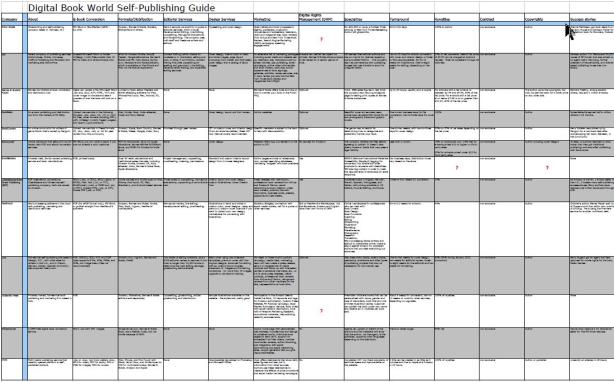There are almost as many people creating companies that offer resources to writers as there are writers jumping into the self publishing frenzy. There are a lot of hungry fish out there and everyone seems to be chasing those dollar-sign shaped fish hooks.
There’s nothing wrong with that, but you have to be careful to pick a company that can be counted on to deliver some bang for your bucks. Personally, I have no intention of paying anyone to either publish my writing or to promote it. I don’t even enter contests if they have an entry fee.
There are lots of these companies, however, that offer free advice or tools that I am perfectly willing to take advantage of and pass on here. I found the site below when doing some research on freelance rates that has several free offerings you might want to check out. I’m sure they are hoping you will like their generosity enough to inquire into their paid services, but please know that I am not advocating for them. If you are interested in what they have to offer, go for it. Or just take the freebies and go on your way. Your choice.
We hope you find these FREE writing resources useful for the writing you do. Check back with us often to see what other writing freebies we’ve come up with lately.

